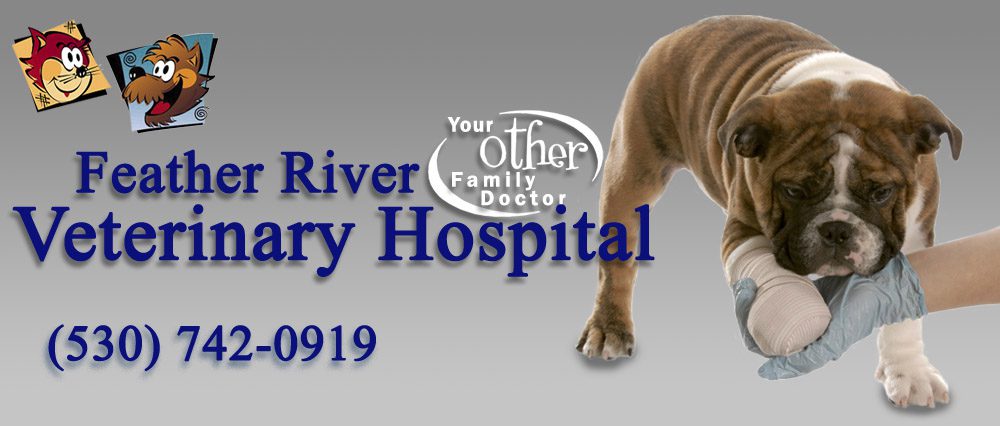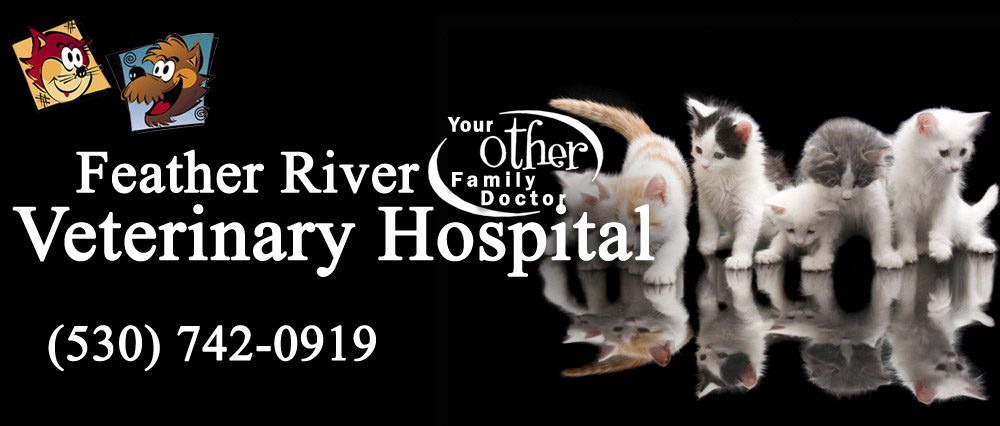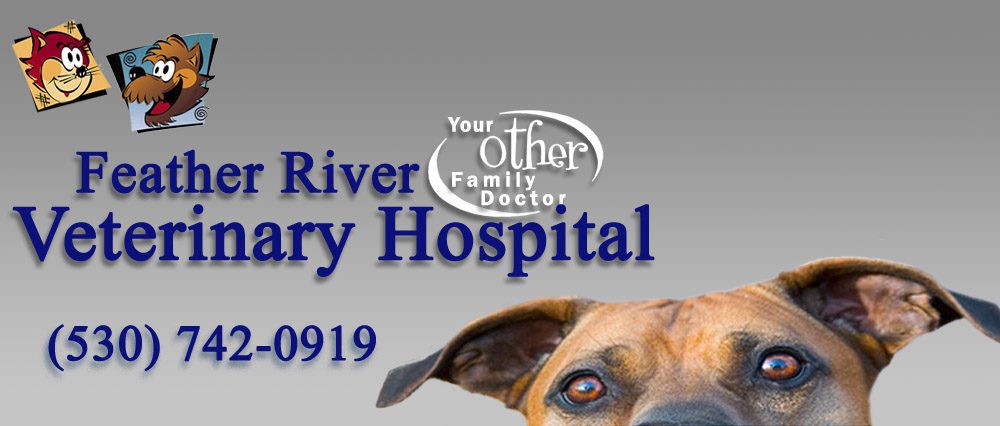



What and When
There is nothing more frustrating than seeing a pet suffering from a disease or condition that could have been prevented with just the basic vaccines. We recommend certain vaccines based on your pet’s exposure to other animals in kennels and dog parks.
Dog and Puppy

Rabies Vaccine
Rabies is a virus that is contracted most commonly from bite wounds from infected animals, often skunks, raccoons, and bats. Rabies vaccinations are required by law.
Is Administered:
DHPPCV Vaccine
Stands For:
Distemper (Canine) virus is a highly contagious disease of dogs, raccoons, skunks, and other animals in those families. It causes symptoms ranging from fever, nasal discharge, and pneumonia to neurologic dysfunction and death.
Hepatitis is a virus that causes liver disease and can result in death.
Parvovirus is a devastating virus that causes intractable vomiting and diarrhea and can damage the immune system and even attack the heart muscle. It is highly contagious through feces and can persist on contaminated surfaces such as sidewalks for longer than 5 months.
Parainfluenza is one of the primary causes of kennel cough, a disease where viruses and bacteria can synergistically cause a dry, hacking cough in dogs.
Coronavirus is a highly contagious, gastrointestinal disease in dogs of any age. It is characterized by vomit and diarrhea. Canine Coronavirus is mainly contracted by fecal ingestion. The virus then infects the inner lining of the small intestine. Enlarged lymph nodes and blood in the diarrhea usually accompany the illness. The viral incubation time is approximately 24–36 hours.
Is Administered:


Bordetella
Kennel cough is a contagious bacterial and viral infection transmitted by oral and nasal secretions. It usually results in a dry cough that sounds like a dog is trying to cough something up and varies in severity. However, in some cases it can lead to significant pneumonia.
Is Administered:
Leptospirosis
Leptospirosis is an infectious disease that can result in kidney and liver failure. It is transmitted through contact with infected urine from wild animals such as mice, squirrels, raccoons, opossums, wolves, and deer. Leptospirosis can contaminate the ground, with the bacteria remaining viable for months. Contact with this soil or water can spread the infection to your pet. Infected dogs can pass the infection to people. With vaccination, we can limit the severity of infection to the four main types. Leptospirosis vaccine is available as a combo component within one shot-called DHLPPCV.
Is Administered:


Lyme Disease
Lyme disease is spread by bites from certain tick species. It can cause clinical disease in approximately 5–10% of infected dogs. Symptoms include immune arthritis, fever, kidney disease, and swollen lymph nodes. Ticks must be attached to your pet for at least 48 hours for transmission to occur. Tick-control medication should be the primary method of prevention. This vaccine is recommended for dogs that hunt a lot or that frequently travel to areas such as Mendocino and the North Coast.
Is Administered:
Cat and Kitten
Rabies
Rabies is a virus that is contracted most commonly from bite wounds from infected animals, often skunks, raccoons, and bats. Rabies vaccinations are required by law. We use a special rabies vaccine manufactured by Me rial called Purevax. It is the safest known vaccine for cats.
Is Administered:


FVRCP Vaccine
Stands For:
Feline Viral Rhinotracheitis: The virus that causes this upper respiratory tract infection is easily transmitted from one cat to another, so vaccination is important if your pet will come in contact with other cats. Its symptoms may take the form of moderate fever, loss of appetite, sneezing, eye and nasal discharges, and coughing. Kittens are particularly vulnerable, but this disease can be dangerous in any unprotected cat because treatment is limited and even if a cat recovers, it can remain a carrier for life.
Calicivirus: This virus is another major cause of upper respiratory tract infection in cats. Widespread and highly contagious, its symptoms of fever, ulcers, and blisters on the tongue, and pneumonia (inflammation of the lungs) can range from mild to severe, depending on which strain of the virus is contracted. Treatment of this disease can be difficult. The afflicted cat can continue to infect other animals, as well as experience chronic sneezing, runny eyes, and severe gum disease. Vaccination is tremendously important.
Panleukopenia: Panleukopenia is a parvovirus infection that is primarily transmitted by the fecal-oral route in felines. Sometimes known as feline distemper, this disease is caused by a virus so resistant it can survive over a year outside a cat’s body. Because most cats will be exposed to it during their lifetimes and infection rates in unprotected cats can run as high as 90–100%, vaccination against this usually fatal disease is absolutely essential. Symptoms range from lethargy, listlessness, fever, vomiting, and diarrhea.
Is Administered:
FeLV
Infection with the feline leukemia virus can result in many serious health problems for your cat — everything from cancerous conditions such as lymphoma to a wide range of secondary infections caused by the destruction of the immune system. It is the leading cause of death in North American cats. After initial exposure to the virus, a cat may show no symptoms for months, if not years, yet all the while infects others. Testing is available to determine the FeLV status of your cat. If he or she has not yet been infected, but is likely to come in contact with cats that are, vaccination against this fatal disease is highly recommended.
Is Administered:
Up-to-date vaccination records are important, especially if you board your pet. We recommend keeping these records handy in order to avoid any last-minute confusion.
We look forward to your questions about disease prevention, so feel free to bring them to your pet’s wellness visit or call our office with your concerns.

